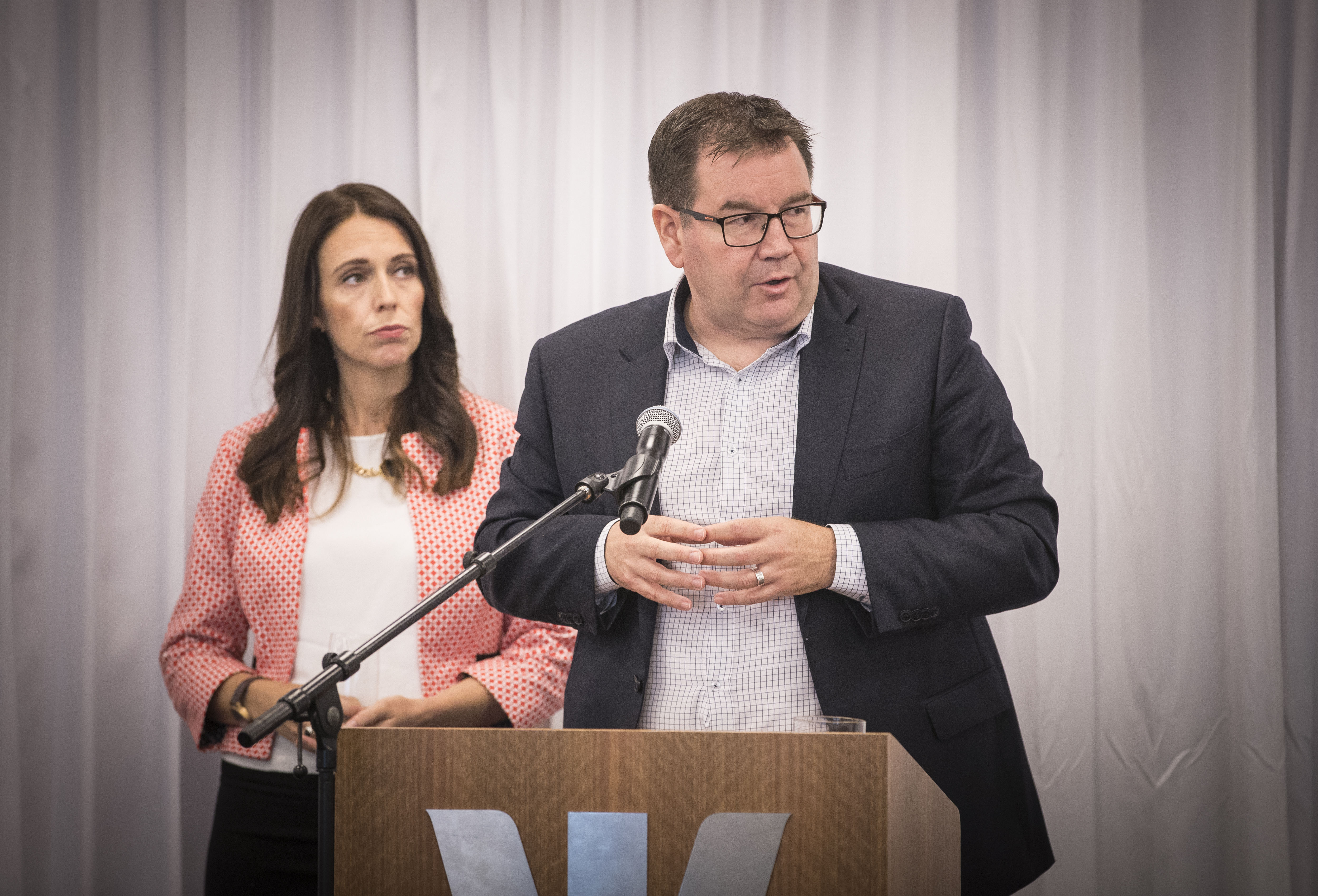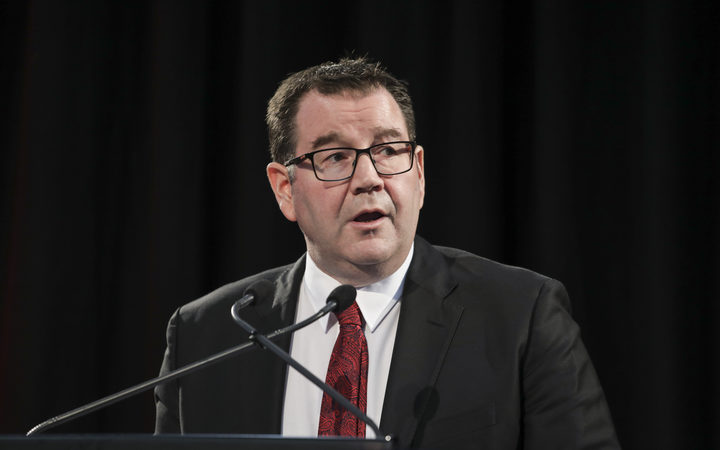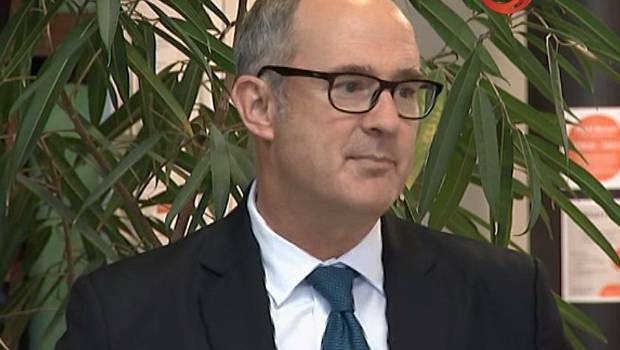Budget 2018: What the property experts expect

Prefabrication or house-building factories are no”silver bullet” for the stretched residential construction sector,says an industry chief whose businesses use traditional techniques.
Commenting on his expectations for Thursday’s Budget, Grant Porteous – managing director of Deacon Holdings which is the master franchise-holder for more than 20 G.J. Gardner building franchises – said prefab housing was no quick solution.
“The Government is being misled about prefab plants or modular housing being a silver bullet and dramatically reducing the time and cost of construction of new homes. That is giving false hopes and misleading many people. I can demonstrate quite the reverse is the truth. That is, modular housing costs more and takes more time to build from conception to the factory to completion on site,” he said.
Housing Minister Phil Twyford has said he wants a”significant” number of KiwiBuild houses to be prefabricated.
Porteous said his franchised businesses were by far the largest house-builders in New Zealand and he was concerned about prefab expectations.
“What we would like from the Government is the demonstration of a desire to move forward plus not be seemingly supporting businesses that may have manufacturing plants but very weak balance sheets and looking to put public money at risk in these ventures,” he said.
“We built 1680 new homes last year which is just under$600 million in new housing excluding land. Additionally we would have bought and sold over $400 million worth of land through some of our larger franchisees in the Auckland area so transacting in excess of $1 billion in relation to new housing,” he said.
“We do not build modular or prefab homes but we do use a level of prefabrication and smart systems and processes to speed up the entire build process,” Porteous said.
Bindi Norwell, Real Estate Institute chief executive, said Auckland was short of about 60,000 residences. She wants to see more investment in infrastructure from the Budget, immigration to keep pace with demand in the sector, particularly for KiwiBuild, and more prefab homes.
“The speed at which prefabs can be built will result in a 10 per cent lift in construction industry productivity,” Norwell predicted.
Leonie Freeman, a former Housing New Zealand general manager and Goodman Property Trust director, said: “The most important aspects to be addressed in the Budget involving housing is affordability, infrastructure provision to enable housing to be built, social housing – particularly a clear comprehensive plan for the elderly – homelessness and the construction industry’s capacity and capability,” she said.
Housing looks to be a high Budget priority, but won’t necessarily result in change, she said.
“It doesn’t mean the other constraints go away such as who builds the houses, how are the housing developments are funded, use of foreign investment, how do we build more affordable housing, how can we reduce timeframes and consenting costs, the capacity and capability of the construction industry.”
John Dakin, Property Council president, wants the Budget to address transport, skills and infrastructure.
“We want cities that work, which people like and want to live in. New Zealand’s cities need to be nuclei for economic and population growth and community wellbeing.
“A good budget from council’s perspective is one that invests in making it easier to get around our cities, to work, shop and play,and provides investment that allows our cities to grow out and up affordably;keeping pace with population and economic growth,” Dakin said.
“We want the Government to unlock the potential of future high growth areas. We realise the money New Zealand needs for infrastructure can’t all come from central and local government, so we’d like innovative alternative funding solutions. We’d like to see more funding for skills in the property sector, and we think it will be important to start giving employers incentives to employ apprentices,” Dakin said.
Westpac senior economist Michael Gordon said the Government would need to find a way around the construction sector’s capacity constraints”just to achieve what was already in the Half-Year Fiscal and Economic Update plans, let alone adding more to the pile”.
Mr Gordon’s colleague at Westpac Satish Ranchhod said the latest data confirmed that the brief resurgence in the housing market is over.”Market turnover is down, house prices are now falling in Northern New Zealand, and the rate of house price inflation has slowed elsewhere, most notably in Wellington,” the economist said.
“We have long been forecasting a modest decline in house prices due to a raft of expected law changes. The first of these was the extension of the Bright Line Test, introduced at the end of March.
“Property investors must now hold a property for five years before selling if they want to avoid being taxed on capital gains. Later this year we will see a foreign buyer ban come into force, and next year property investors’ ability to claim tax deductions on rental property losseswill be phased out. Finally, later this year the Tax Working Group will report back, and will probably recommend further taxes on property. We would be stunned if these changes failed to dent house prices.
“If the housing market does weaken in the way we anticipate, there will be two main consequences. First, the Reserve Bank will become more willing to loosen its mortgage lending restrictions, which were already loosened slightly in January. We are looking for a second loosening in November this year, but an earlier move cannot be ruled out. We may get more guidance when the next Financial Stability Review is released on May 31. And second, a weaker housing market will shift the balance of monetary policy in a dovish direction.”




